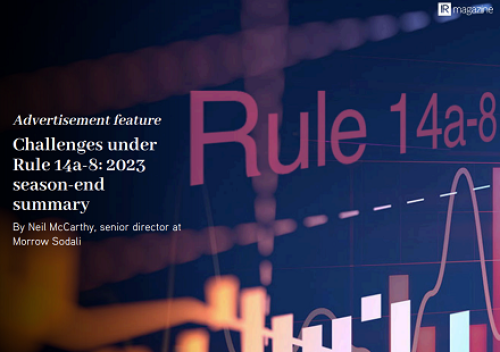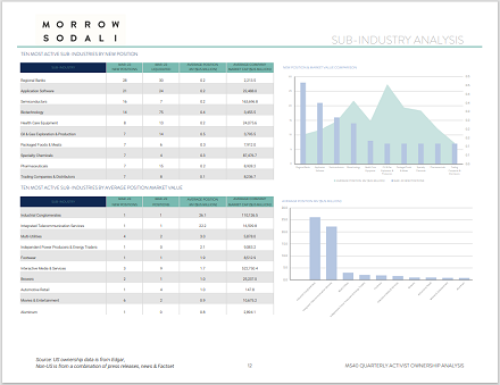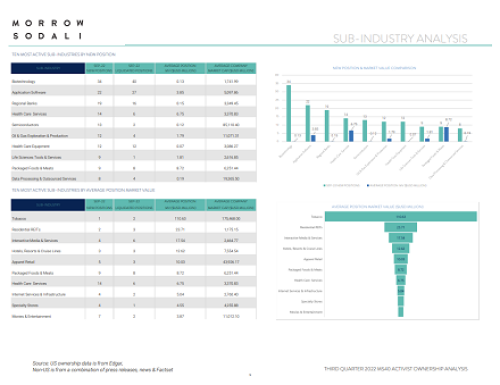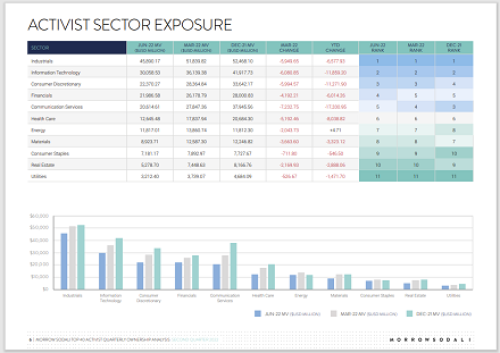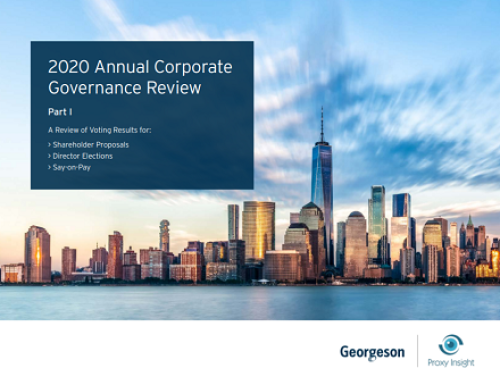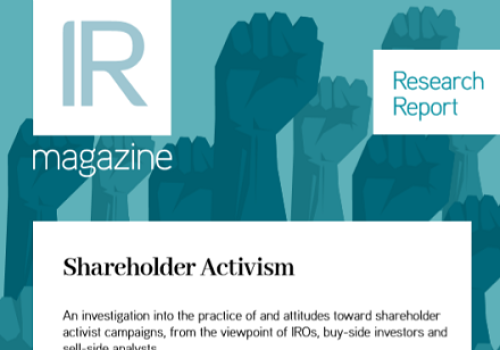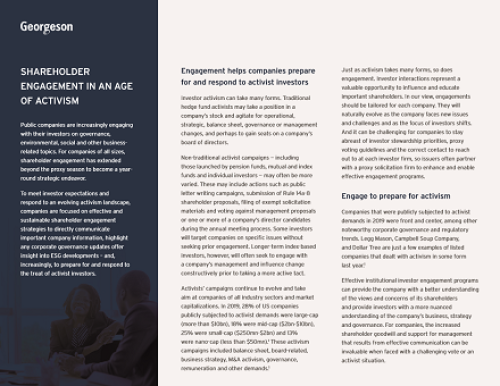While investors were broadly supportive of companies during this year’s European AGM season, boards should expect more scrutiny in 2021 over their response to the Covid-19 pandemic, according to a new report from Morrow Sodali, the advisory firm.
Across European markets, investors showed little change from last year in their votes on board elections and executive compensation issues, finds the report. They also offered support for capital-raising initiatives, even when proxy advisers weighed in with negative recommendations.
‘It’s been a surprisingly quiet season, at least when it comes to AGM voting,’ Mandy Offel, corporate governance expert at Morrow Sodali, tells IR Magazine.
Although the 2020 AGM season was quiet in tone, the switch to virtual events didn’t harm shareholder involvement. Investor participation has been ‘largely in line’ with the 2019 season, notes the report, and in some cases even increased.
In Switzerland, for example, despite a ban on in-person annual meetings, the proportion of free-float investors taking part in voting edged up from 52.4 percent to 52.8 percent.
Morrow Sodali notes that, while support for board-related items ‘did not significantly change’ this year, there is evidence in some countries that female directors are gaining higher average support than male counterparts, underlining the importance of diverse board slates to shareholders.
As a case in point, the report picks out Spain, where female board candidates garnered average support of 97.81 percent, compared with 91.85 percent for male candidates.
Two issues have influenced the overall support for companies this year, says Offel: the Covid-19 pandemic and the implementation of the Shareholder Rights Directive II (SRD II). ‘These two factors really led to investors backing off somewhat [to help] companies find their way through the new developments,’ she says.
SRD II has handed investors in Europe a binding vote on the forward-looking remuneration policy and an advisory vote on the backward-looking remuneration report. While some countries already had a say-on-pay vote prior to the new rules, others are experiencing wholesale change in the way executive pay is scrutinized.
An early trend, notes Morrow Sodali, is for investors to register higher dissent against the remuneration report than the policy. That’s because the report contains granular detail about what has been paid, making it more likely to raise specific concerns, while the policy is a broader document covering general guidelines.
Voting results from Italy demonstrate this fact: at the country’s AGMs in 2020, average support for the remuneration policy stood at 88.2 percent, while the percentage for the report was 85.8 percent.
Turning to expectations for 2021, Offel says we cannot expect companies to be offered the same level of leeway. ‘We would suggest the opposite,’ she states.
Much of the scrutiny will fall on executive compensation, she adds. Companies will need to search for a way to reward management for good performance while also taking into account the experience of the workforce, which may have suffered job losses or pay cuts. ‘Boards will be very closely scrutinized for how they do this,’ Offel says.
One thing 2020 has demonstrated, she notes, is that investors are ready to consider specific circumstances and make exceptions to the rules where appropriate.
‘Rather than trying to find the exact amount you need to cut your executive pay to achieve shareholder support, it’s really much more about getting investors on board about how you reach your board decisions on executive pay,’ she says.

